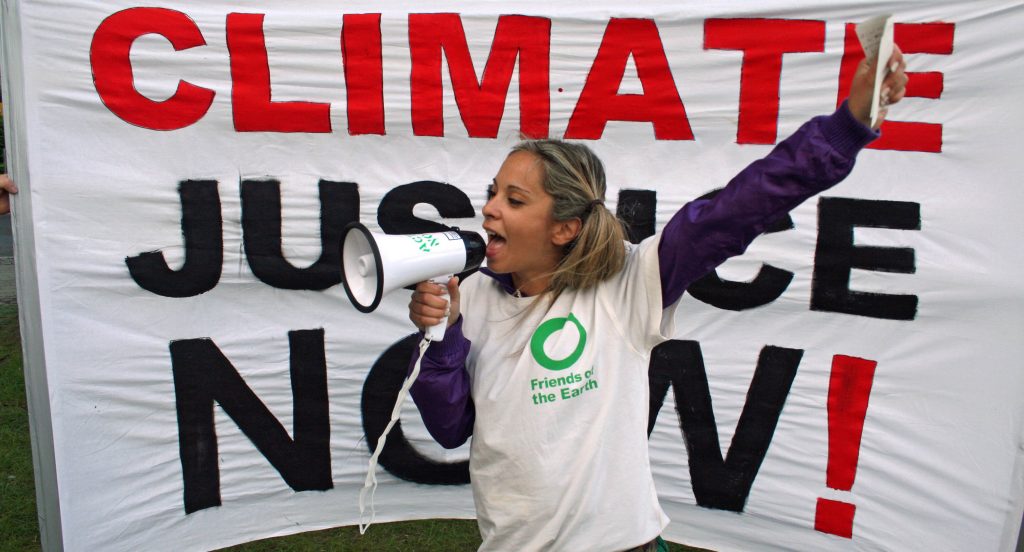Brussels, October 22nd – Non-governmental organisations (NGOs) have today criticised the EU for its aggressive position in the bi-regional trade and political negotiations with Central America. Today, the first official round of negotiations between the European Union (EU) and Central American countries begins in San José, Costa Rica, with the view of establishing a comprehensive ‘Association Agreement’ between both regions, covering trade, political dialogue and cooperation aspects.
Luis Guillermo Perez, Executive Secretary at CIFCA, said: “These negotiations are a risky gamble for Central America. There are enormous institutional, commercial, cultural and developmental imbalances between the two regions, yet the EU insists on applying a one-size-fits-all approach in the negotiations. In such a scenario, European interests will be best served, while Central Americans will be the net losers“.
Stepping away from its traditional multilateral approach, the EU is currently negotiating a series of bilateral agreements with various countries and regions in the world, one of them being Central America. These agreements all include provisions for a Free Trade Agreement (FTA). “Free trade can increase commercial flows between Europe and Central America, but this does not automatically guarantee development for all – especially not for the poor people in Central America“, added Suzan van der Meij, expert of APRODEV.
Past experiences of FTAs between rich and developing countries have shown these agreements are not a win-win game: “they create winners and losers – and the losers are often the poor and marginalized groups as well as the environment”, declared Camilo Tovar, representative of ALOP in Europe. This fact is highlighted in an increasing number of studies, including the Commission’s own Trade Sustainability Impact Assessments and this year’s UNCTAD Trade and Development Report 2007. [1]
Erik Van Mele, Policy Officer at Oxfam, said: “Small producers in Central America will not be able to compete with the subsidised European agribusiness imports, and as a consequence, they will lose even more markets and income. This is a fact: fourteen years after the implementation of the FTA between Mexico and the United States, hundreds of thousands of small farmers have left the countryside“.
Charly Poppe, Trade Campaigner at Friends of the Earth Europe, added: “The EU has promised to include a chapter on ‘Sustainable Development’ in the Agreement but its position in previous bilateral negotiations and at the World Trade Organization (WTO) has always been to put market access and ‘competitiveness’ interests above all other concerns. With these negotiations, we are confronted with the same tactics: at best, they are political schizophrenia, at worst pure greenwashing“.
The NGOs wrote last week to European Commissioners Benita Ferrero-Waldner (External Relations) and Peter Mandelson (Trade), expressing their concerns about the negotiations, and the lack of involvement of civil society. [2]
“So far, transparency in these negotiations has been almost inexistent. We believe the European Commission should urgently propose a mechanism to make the negotiations transparent and open to civil society participation“, concluded Lourdes Castro from Grupo Sur.
***
——–
NOTES
[1] European Commission’s DG Trade, Trade Sustainability Impact Assessments: http://ec.europa.eu/trade/issues/global/sia/studies.htm ; UNCTAD Trade and Development Report 2007: www.unctad.org
[2] Ver Comunicado a los Comisarios en :
http://www.cifca.org/Comunicado,%201era_ronda,%20Oct%2007.pdf






